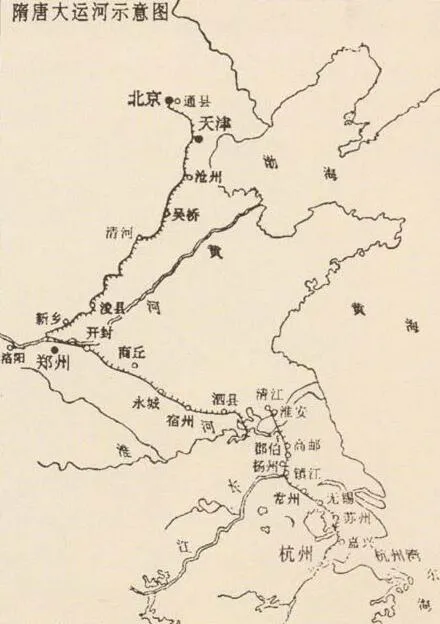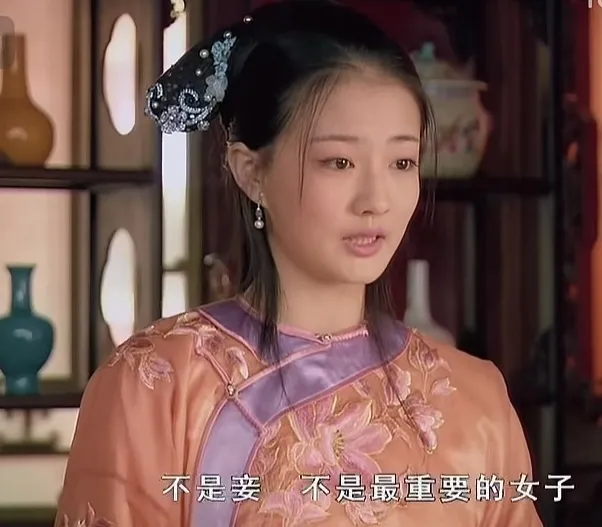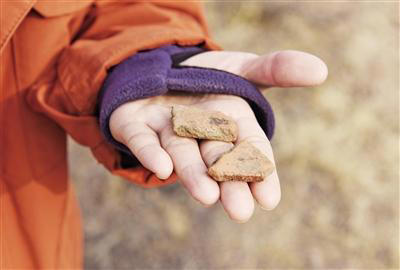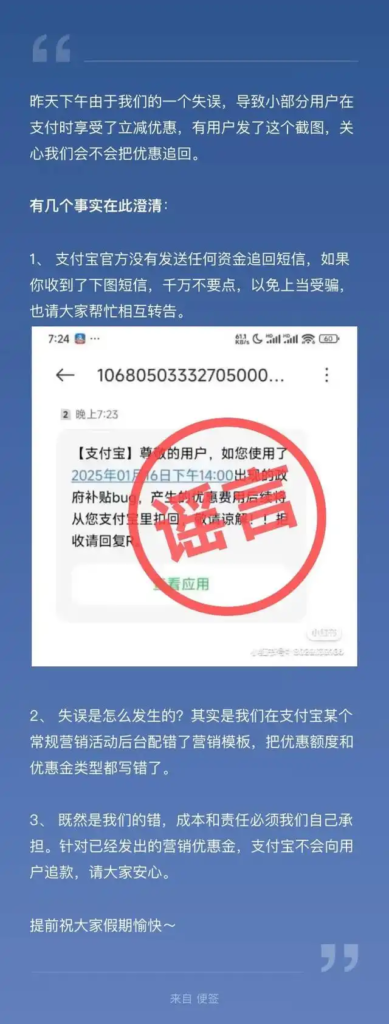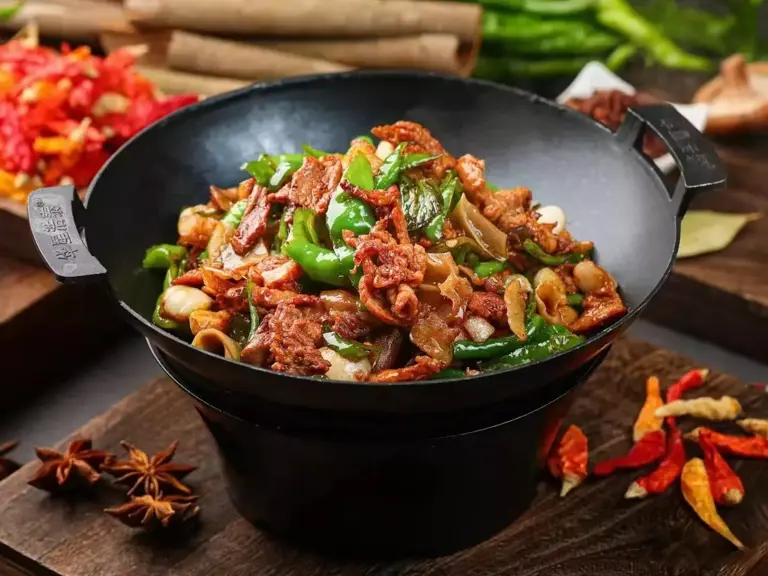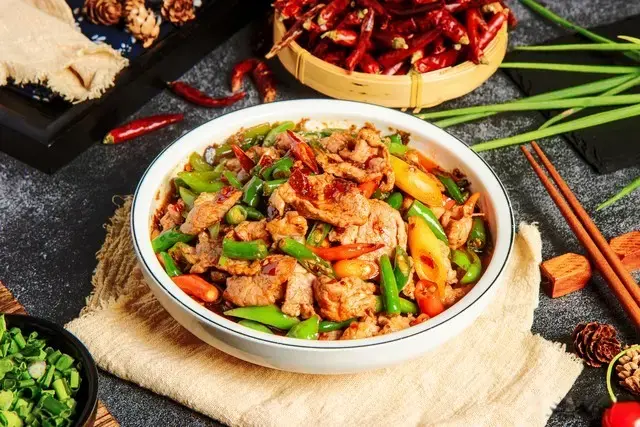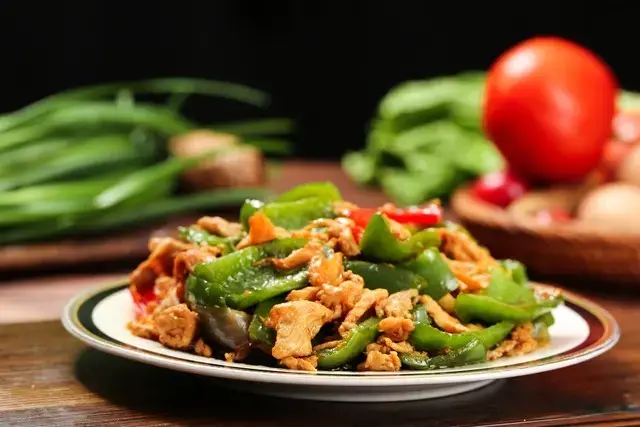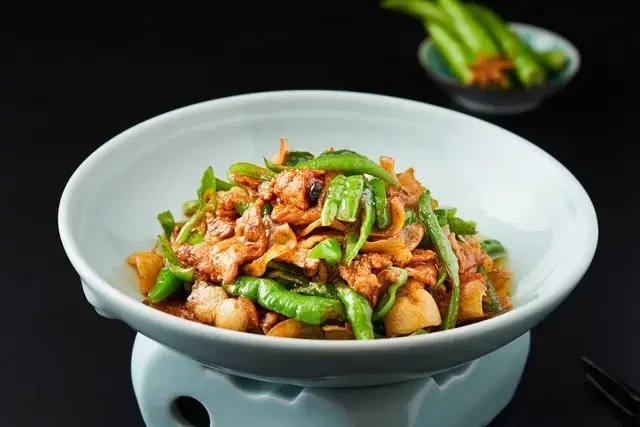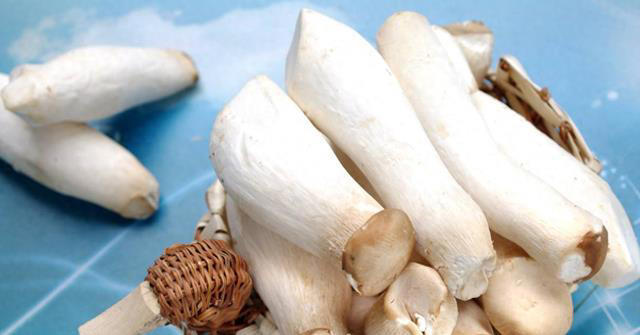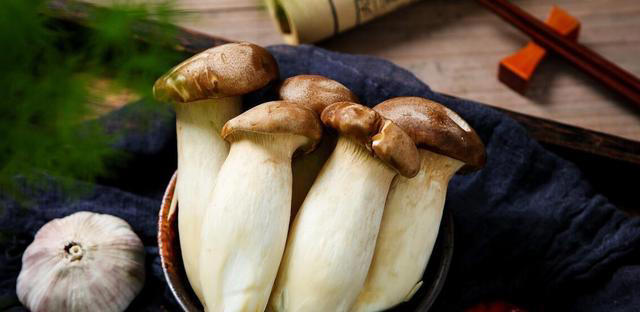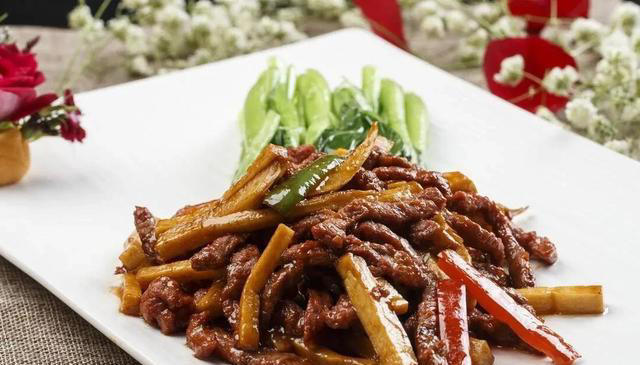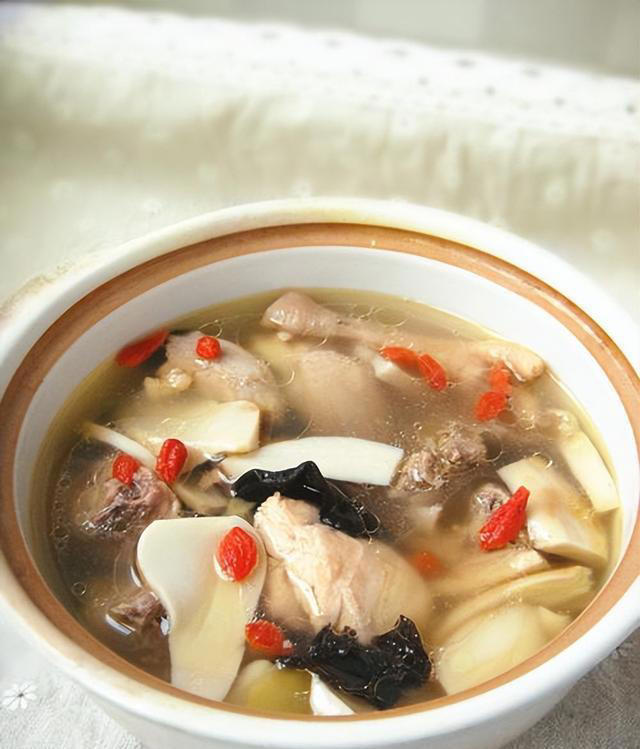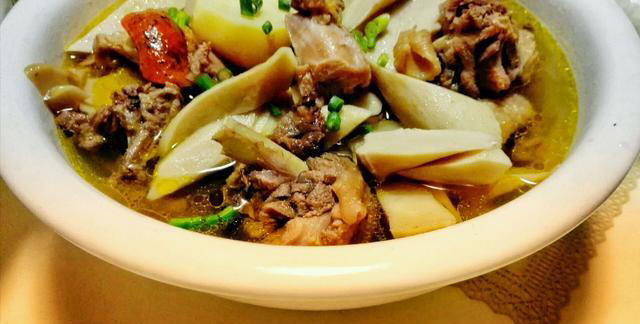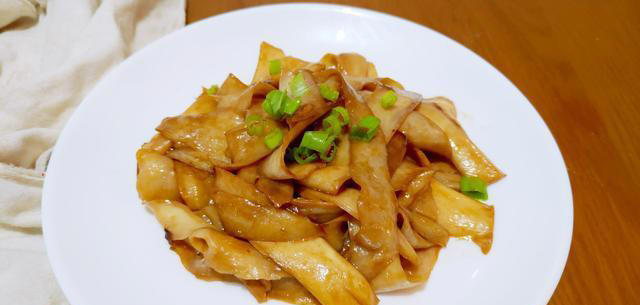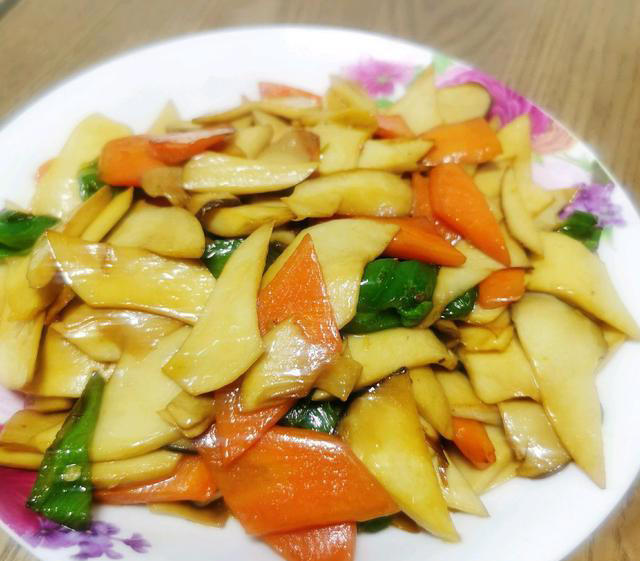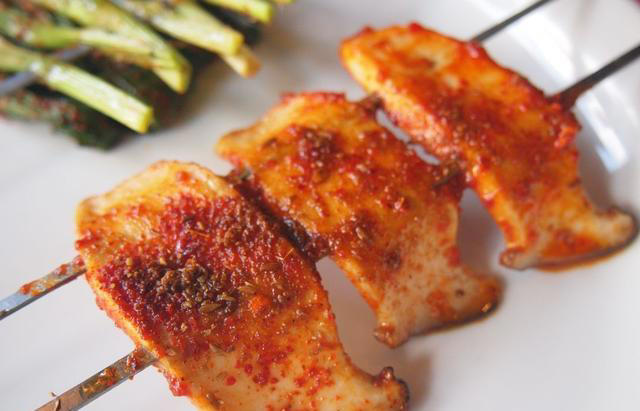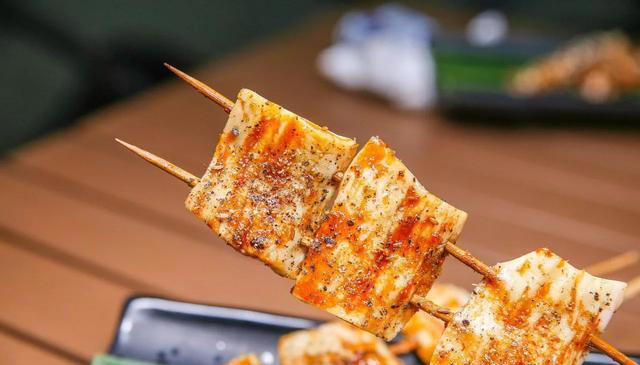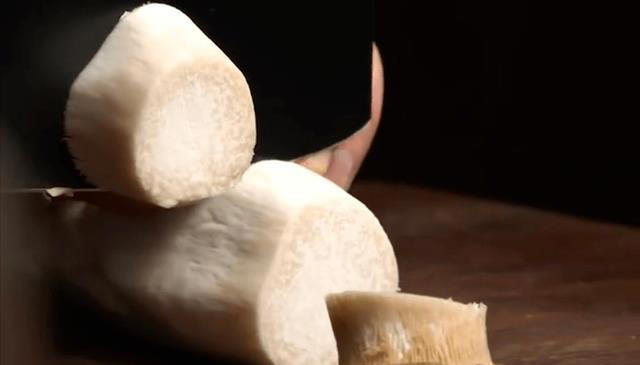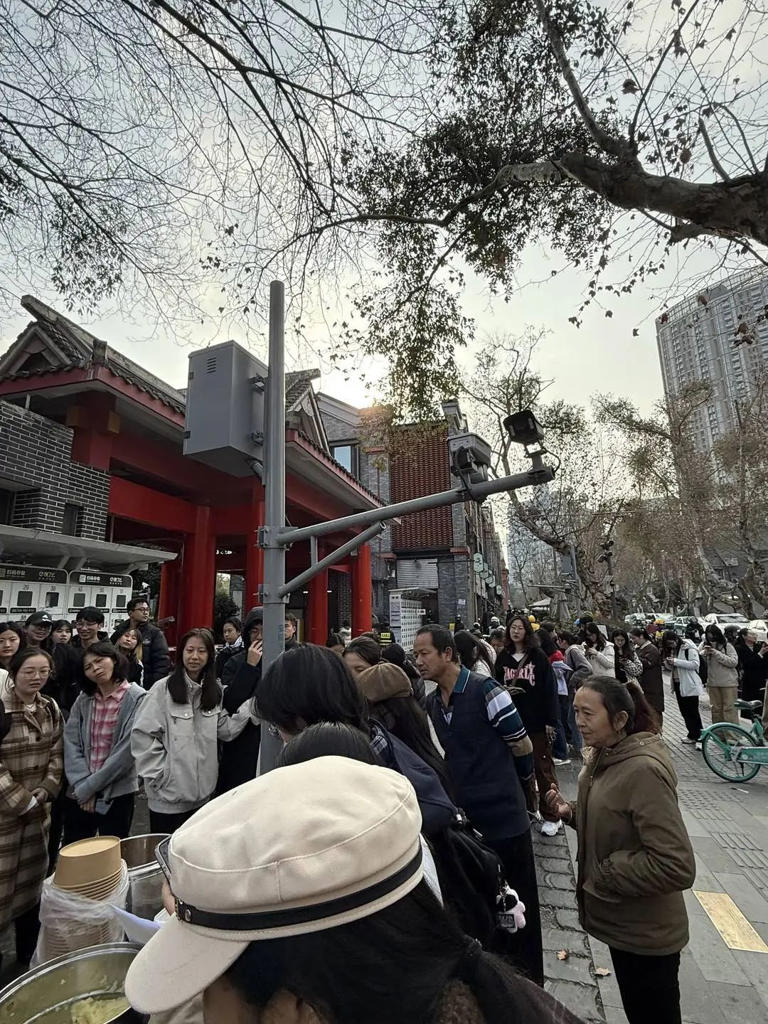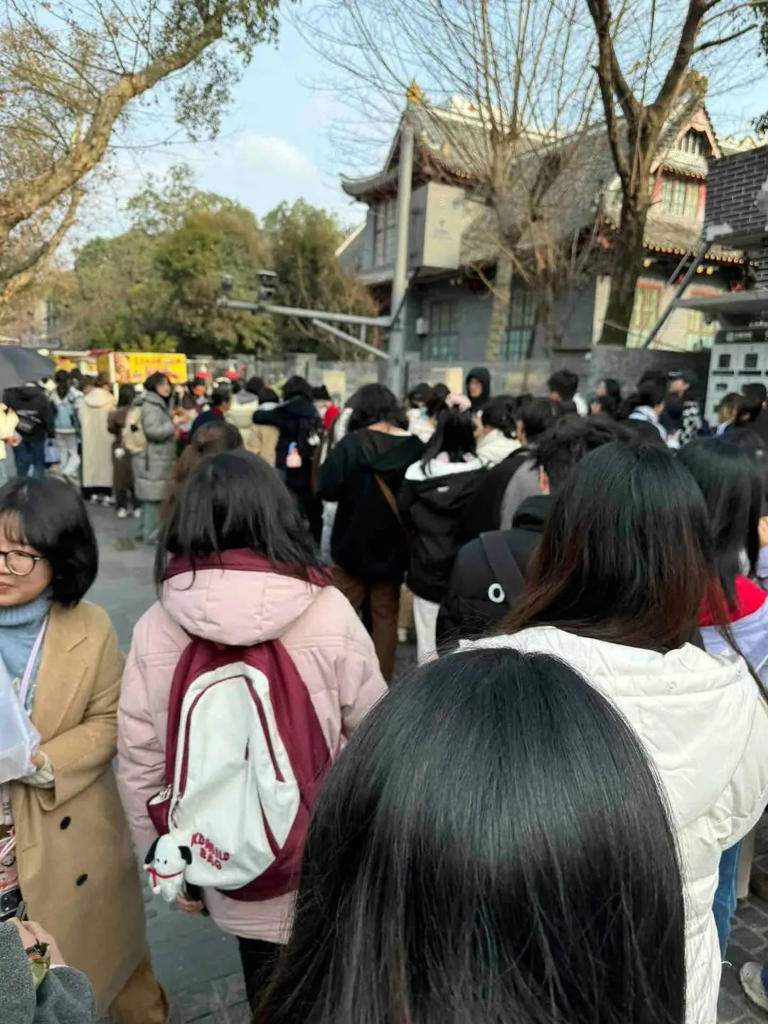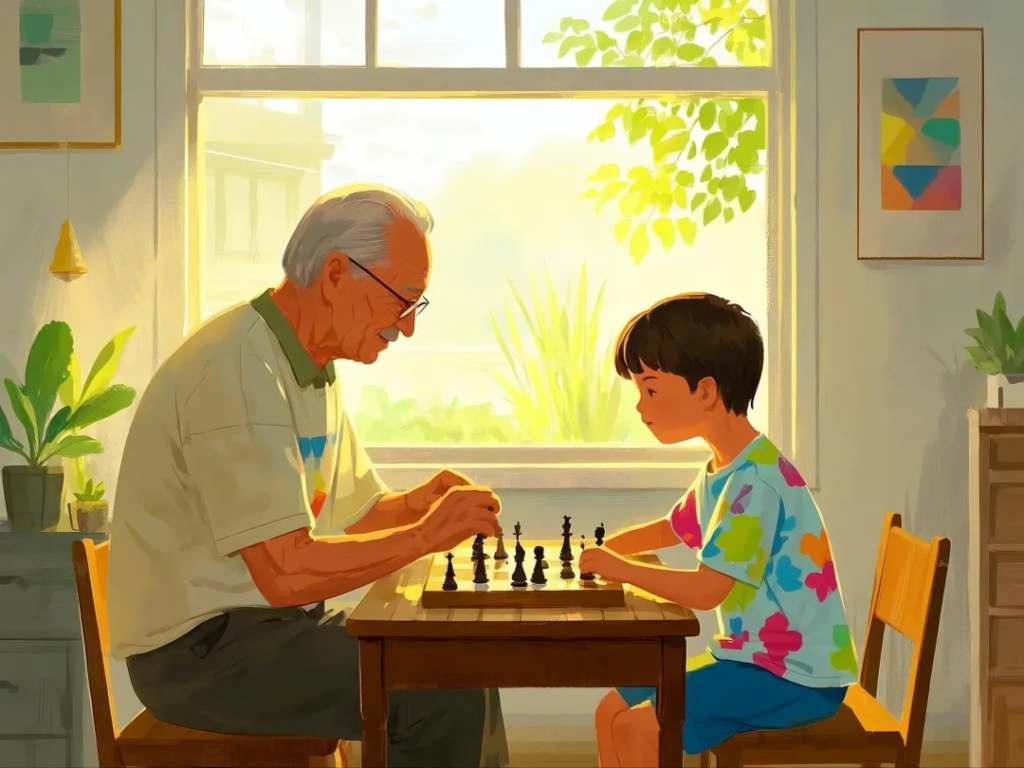01 Cut the abdomen and be loyal, saving the Li Tang clan from crisis
An Jinzang was a medical worker in the Taiyi Department in the early Wu Zhou Dynasty.
In the early days of the Wu Zhou Dynasty, perhaps out of the inertia of changing the Tang Dynasty to the Zhou, Wu Zetian was suspicious of the Li Tang clan and took precautions, and slaughtered them at every turn, “first executed hundreds of noble relatives of the Tang clan, and then hundreds of ministers, and his assassination history and Lang generals are innumerable.”
Li Dan, the youngest son of Wu Zetian, who abdicated as the emperor’s heir, was worried all day long because of his sensitive identity. Shaofu supervisor Pei Gang and Zhongguan Fan Yunxian met with Li Dan in private and were executed, which frightened the secretary of state to not dare to contact Li Dan, the former emperor.
Soon, someone denounced the “conspiracy of the emperor’s heir”. Wu Zetian ordered the famous cool officials to come to Junchen for interrogation. Li Dan’s attendants were forced to be tortured and coerced, some gave false testimony, and some falsely accused themselves of rebellion, and it seemed that the case of “Li Dan’s rebellion” was about to be decided.
An Jin, a medical worker of the Tai Medical Department, was hiding by Li Dan’s side as an errand and was also among those who were punished. He insisted that Li Dan was innocent, but unfortunately this was not the answer required by the interrogating officials, so it was naturally not adopted. Seeing that the false accusation was about to come true and the innocent head was about to fall to the ground, An Jinzang shouted vigorously: “If the public doesn’t believe me, please dissect the emperor’s heir.”
Saying that it was too late, An Jinzang rushed over, pulled out the saber of others, and resolutely cut open his abdomen, and suddenly the blood gushed out, the intestines fell to the ground, and he fainted on the ground, almost dying.

▲Portrait of Ahn Jinzang. (Image source: Qing Jin Guliang’s compilation and painting of “Wushuang Spectrum”)
Ahn Jinzang’s feat shocked the government and the opposition. Wu Zetian was shocked when he learned about it, and ordered An Jinzang to be carried into the forbidden place with a chariot, and ordered the imperial doctor to do his best to treat him.
The imperial physician put back the intestines of An Jinzang, sewed his abdomen with mulberry white skin as thread, and An Jinzang miraculously woke up the next day. Wu Zetian came to visit in person and sighed: “I can’t be self-evident if I have a son, so I might as well be loyal.” She issued an edict to stop the case, and Li Dan was able to avoid framing.
An Jinzang was a native of Anguo (present-day Bukhara, Uzbekistan), and his father, An Bo, was a Sogdian leader who moved to the imperial court and eventually settled in the capital Chang’an. Ahn Jinzang is the second generation to move inward, and when he grew up, he made a living as a medical worker.

▲The stone epitaph cover in the tomb of An Bo. (Image source: Daily Gansu Net)
Why was he able to perform the feat of disembowelment? This has to do with the characteristics of the Sogdians. The “Records of the Western Regions of the Tang Dynasty” said that they were “brave and fierce, regarded death as home, and had no enemies in battle”, which shows that valuing righteousness and neglecting life is a major characteristic of the Sogdians.
In the Middle Ages, ethnic minorities in the north used to use knives to cut their faces to express strong emotions such as sadness and anger. The sense of integrity cultivated by the Sogdians in their long business careers, as well as the respect for the rules that come with the practice of martial arts, combined with the quality of emphasizing righteousness and recklessness, made An Jinzang extremely disgusted by false accusations and frame-ups and tortured into tricks, and bravely spoke up for Li Dan.
An Jinzang’s move inspired public opinion to sympathize with and support Li Dan. Wu Zetian also began to reflect on his attitude towards his children, at least on the surface, he stopped the persecution of the remnants of the Li Tang clan represented by Li Dan, and finally changed “respecting Wu and suppressing Li” to “contract Li Wu”. The political situation in Wu Zhou changed. Ahn Jinzang’s feat played no small role in this.
In the future, the Li Tang Dynasty was able to be restored, and it has to be said that it benefited from the feat of An Jinzang.
Among the Li Dan family saved by An Jinzang, there were two future emperors. One is Li Dan of Tang Ruizong, who ascended the throne for the second time, and the other is Li Longji, Xuanzong of Tang Dynasty, who pushed the Tang Dynasty to the peak of glory.

▲ Li Longji statue. (Image source: Visual China)
When An Jinzang was disemboweled, Li Longji, who was about six or seven years old, and his relatives were “all claustrophobic in the palace and did not go out of the court for more than ten years.” Once Li Dan plots against him, there is a high probability that Li Longji’s brothers and others will be killed, and China will not have the prosperous era of Kaiyuan more than 20 years later.
Whether from the perspective of political transformation or from the perspective of directly saving people, An Jinzang is the great benefactor of Li Dan’s lineage, that is, the great benefactor of the Li Tang royal family later.
The Li Tang royal family also gave An Jinzang a very high reward. Li Dan once again proclaimed himself emperor, commended An Jinzang for his caesarean section and rescue efforts that year, and promoted him to the general of the right military guard; After Li Longji ascended the throne, he was promoted to the rank of general of the Right Xiaowei.
The medical engineer was originally a foreign official, and it was extremely difficult to enter the nine grades, and An Jinzang was promoted from outside the nine grades to a senior official from the third grade within a few years, which can be called a miracle among miracles.
In the twentieth year of Kaiyuan (732), Li Longji enshrined An Jinzang as the acting prince of the country, and carved stones in Mount Tai and other places to commemorate his merits, praising An Jinzang for “loyalty and righteousness to the country, sincere service”, and in the face of torture and coercion, “the sincerity of loyalty and martyrdom, the sword cut the heart, and the protection of the ancestors.” Seeing the danger and giving orders, frustrating the evil and evil; Turn the misfortune and save the blessing, and get the chastity of Mingyi”.

▲Tang Dynasty Guozhong Public Security Gongjin Tomb, located in what is now Yongshou County, Xianyang City (Image source: Silk Road Heritage)
In the first year of the Great Calendar (766), An Jinzang, who had enjoyed more than half a century of glory and wealth, died, and the reigning person at that time was already Li Dan’s great-grandson, Li Yu of the Tang Dynasty. Li Yu Ding’an’s golden Tibetan nickname is “loyalty”, and he deserves to enjoy the temple court of Tang Ruizong. In the third year of Jianzhong (782), Li Shi of Tang Dezong posthumously presented An Jinzang as the secretary of the military department, and awarded his son An Chengen as the governor of Lu.
At the end of the Tang Dynasty, An Jinzang was highly respected, and his descendants were repeatedly shaded.
02 Led Shatuo to quell the chaos, and after a thousand years, he was evaluated
The late Tang general Kang Chengxun came from the present-day city of Samarkand. His grandfather, Kang Rizhi, was a prominent figure in the early days of the struggle for hegemony in Heshuo Domain, and later returned to the imperial court. In the second half of Kang Rizhi’s life, the official went to inspect the school and the left servant shot, and he was crowned the king of Huiji County, and his descendants became officials in the court.
In the ninth year of Xiantong (868), 800 Guilin soldiers from Xuzhou mutinied, and Pang Xun, the judge of grain materials, was the leader, and went from Guangxi to the northwest, all the way through the pass, thousands of miles, occupied Xuzhou, and cut off the canal transportation between the imperial court and the southeast tax center.
In the winter of that year, Tang Yizong worshiped Kang Chengxun and inspected the right servant of the school, the Yicheng Army Jiedu Envoy, and Xu Sixing’s camp all recruited envoys, and Wang Yanquan, the general of Shenwu, and Dai Keshi, the general of Yulin, surrounded and suppressed the Pang Xun rebel army in three ways.

▲ Pang Xun uprising northward road map. (Image source: National History of Humanities)
Kang Chengxun suggested to Tang Yizong that the Shatuo chieftain Zhu Xiechi lead his troops to join the feudal towns and other tribes to recruit Pang Xun. Tang Yizong accepted the suggestion. As a result, the Shatuo cavalry of Daibei was incorporated into the regular army of the Tang Dynasty under the leadership of Zhu Xie Chixin, and rushed to the Central Plains with great momentum.
In the subsequent process of quelling the rebellion, the Tang Dynasty relied on the Shatuo cavalry to charge. After the war, the imperial court appointed Zhu Xie Chixin as the envoy of the Datong Army, and gave him the name Li Guochang, which was included in the jade of the clan. At that time, the son of Li Guochang, who was only 20 years old, won the three armies in the battle with the Pang Xun rebel army. This is Li Keyong, who was dominant at the end of the Tang Dynasty.
It was Li Keyong who laid the foundation of the Tang Dynasty after five generations, and the Shatuo people became the protagonists of the five generations. The three dynasties of the Later Tang, Later Jin, and Later Han dynasties in the Five Dynasties were all established by the Shatuo people, and the Northern Han Dynasty in the Ten Kingdoms was also the Shatuo regime.

▲ Mingren painted Li Ke with a portrait shaft. (Image source: The Palace Museum)
Kang Chengxun would not have imagined that his proposal would cause huge controversy.
When Wang Fuzhi, a thinker in the late Ming and early Qing dynasties, talked about this matter, he angrily reprimanded: “The death of the Tang Dynasty is irretrievable, and the rebellion of the five dynasties cannot be stopped. In his opinion, this suggestion opened the chaos that followed, and Kang Chengxun was simply the executioner of the fall of the Tang Dynasty and the inducer of the five generations of troubled times.
Wang Fuzhi scolded Kang Chengxun at length and tirelessly in “Reading through the Commentary”, thinking that he “summoned Kou to enter and was the leader of the Tang Dynasty, and his crime was reprehensible”?
So, is Kang Chengxun really as superficial, short-sighted, and greedy for merit as Wang Fuzhi’s criticism?
At the beginning of Kang Chengxun’s battle against Pang Xun, the soldiers of the Dao were not gathered, and there were only 10,000 people under the tent, so they could only shrink and defend. The friendly Dai Ke division was quickly defeated by Pang Xun, and Dai Ke fled on his own, dying on the way.
In this case, requesting reinforcements is a natural choice for front-line generals. In the selection of reinforcements, Kang Chengxun was carefully considered.
First of all, he knew the combat effectiveness of the surrounding peoples. Kang Chengxun knew that the imperial court’s Praetorian Guards and local defenders were weak – otherwise, Pang Xun’s 800 soldiers would not have traveled thousands of miles, and the situation would not have been out of control! There is no real fighting army in the Central Plains, and asking for foreign aid is a pragmatic and best choice.
Secondly, Kang Chengxun also understood the risk of inviting foreign races into the Central Plains, and it was inevitable that tigers would be troubled, so he put a lot of thought into the selection of the invitees. He did not suggest inviting strong foreign aid such as Tubo and Huifu, but chose Shatuo, a small tribe in northern Shanxi. The Shatuo cavalry did not live up to Kang Chengxun’s invitation, fought bravely, and once risked his life to enter the encirclement and successfully rescued Kang Chengxun who was trapped in the encirclement.
Kang Chengxun’s introduction of Shatuo was not a temporary cramming, but the least bad option based on the actual situation and operational needs. As for the disastrous consequences of this decision, it is not something that Kang Chengxun can predict.
At this time, the clouds of troubled times were already thick on the distant horizon.
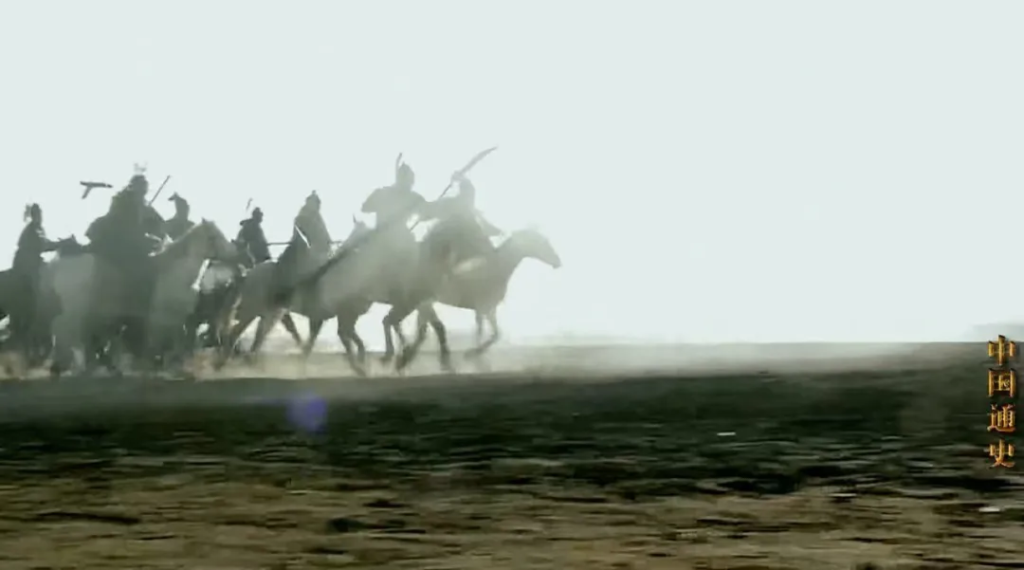
▲ The battle scene of the late Tang Dynasty in the documentary “General History of China”. (Image source: National History of Humanities)
After the war, Kang Chengxun, who was over the age of six, soon degraded the king of Shu and the eastern capital of the division, and then degraded Sima of Enzhou, and staged a “cunning rabbit dies, lackeys cook; The birds are all gone, and the good bow is hidden”.
This may be the most direct impact of Kang Chengxun on the history of the Tang Dynasty, in the subsequent outbreak of Wang Xianzhi and Huangchao uprisings, Song Wei, Gao Biao and other generals all supported their troops and looked forward to it. Song Wei participated in the suppression of Pang Xun’s uprising under Kang Chengxun, and he said to his colleagues: “If Pang Xun is destroyed, Kang Chengxun will be offended.” Although my family is successful, how can it avoid disaster? It’s better to leave the ‘thief’. ”
03 Disaster caused the White Horse Post and staged the final chapter of the gate valve
Li Zhen, Zhu Wen’s staff member at the end of the Tang Dynasty, came from Central Asia Anguo, and the seventh ancestor was a martial meritorious hero and a public security cultivator of the Shen State. An Xiuren was courteous because he promoted the return of Liangzhou to Tang. After the outbreak of the Anshi Rebellion, the government and the opposition couldn’t help but dislike the Hu people, especially the Hu people surnamed An, and An Xiuren’s descendants changed their surname to Li.

▲ Sogdian restoration. (Photo source: Donghua University Press, “Research on National Costumes along the Silk Road” by Lu Zhao)
At the end of the second year of Guangqi (886), Li Zhen, who had a bad career, was released by General Jinwu to assassinate Taizhou. At that time, Qian Biao and Liu Hanhong fought fiercely in eastern Zhejiang, and Li Zhen was unable to take office, so he had no choice but to enter the Zhu Wen shogunate as a wingman.
Under Zhu Wen, Li Zhen’s official position was not prominent, and he was once the deputy envoy of Tianping Jiedu, but Zhu Wen often assigned him some envoys such as mediating disputes, pacifying Fang Zhen, and contacting the imperial court.
In the third year of Guanghua (900), the eunuch Liu Jishu wanted to abolish the establishment. When Li Zhen, who was doing something in Chang’an, learned about it, he immediately returned to the east to inform Zhu Wen. At that time, all forces were trying to win over Zhu Wen, and Zhu Wen hesitated. Li Zhen stated that the eunuchs were not powerful enough to succeed, and strongly persuaded Zhu Wen to stand on the side of Tang Zhaozong. Sure enough, Liu Jishu and others were defeated and executed, and Tang Zhaozong was reinstated.
After that, Zhu Wen used Li Zhen more and more.

▲Portrait of Zhu Wen, Taizu of the Later Liang Dynasty. (Image source: National History of Humanities)
After the late Tang Dynasty moved east to Luoyang, Li Zhen traveled between the court and Zhu Wen, as if he became an agent sent by Zhu Wen to the court. Every time Li Zhen came to Luoyang from Bianzhou, there would definitely be courtiers who were degraded, and people called him “owl” at the time. Legend has it that owls are ominous birds when they smell people dying and start calling. Public opinion hates and fears Li Zhen. When Li Zhen met with the courtiers, he was also arrogant and arrogant, as if there was no one around.
Why did Li Zhen show such a disgusting style?
Because Li Zhen and the courtiers belonged to two categories of people, and they had been oppressed by the latter for a long time.

▲The scene of the ancient imperial examination hall. (Image source: Visual China)
Although the Li Zhen family has been in the Tang Dynasty for two hundred years, and there are many high-ranking people in the generations, they have not been among the scholars—at least not the middle and upper class scholars. Li Zhen is the great-grandson of Li Baozhen, the envoy of Zelu Jiedu, and he failed to rank in the imperial examination. It shows that his family’s ability is limited, which makes Li Zhen indignant. Li Zhen later most likely entered the official position with the shadow of the door (that is, he became an official by virtue of the merits of his ancestors), and took the “miscellaneous road” of officialdom, even if he was later promoted to General Jinwu, he did not walk on the “right path” of his official career and lacked stamina.
No, he was exiled to remote Taizhou, and he hated the scholars in power. When there was no hope of going to office, Li Zhen was desperate to continue to serve as an official in the court, turned around and threw himself into the command of the feudal town, and chose another path of power.
It was a common phenomenon in the late Tang Dynasty for literati to enter the shogunate to seek fame. The feudal towns overrode the central government by force, and the literati’s living environment changed drastically, and the economic conditions also changed greatly, which led to the psychological phenomenon of “respecting the shogunate and abandoning the imperial court” among the literati of the shogunate. This kind of psychology is mixed with the desire for power, personal grievances, and contradictions between the central and local governments, and interacts with the complex political situation.
At that time, Liu Can, who was from a humble background, took refuge in Zhu Wen, and entered the cabinet to worship the prime minister in less than four years, despising and squeezing out people with noble birth and deep qualifications. A diviner said, “Monarchs and ministers are in trouble, and it is better to kill them in response.” Liu Can took the opportunity to frame Pei Shu, Dugu Yuan, Cui Yuan and other Qingliu prime ministers to gather people to discuss and complain, and instigated Zhu Wen to kill them to block the disaster. Li Zhen also said to Zhu Wen: “It’s better to go away.” “Zhu Wen did not kill these clear streams, but belittled them again and again.
In the second year of Tianyou (905), in order to cut the grass and eradicate the roots, Zhu Wenjiao sent people to the states and counties where the Qingliu important ministers were located and gave them suicide. Among them, Jinghai Jiedu made Dugu Loss, Right Servant Cui Yuan and other “well-dressed and clear-cut” just concentrated in Huazhou. In June Wuzishuo, Zhu Wen ordered them to be killed in Baimayi (in present-day Huaxian County, Henan). Li Zhen further instigated: “Such self-proclaimed clear streams should be thrown into the rivers and forever turbid. So, Zhu Wen ordered them to be thrown into the Yellow River, which was known as the “Disaster of the White Horse Station”.

▲Huaxian Daokou Ancient Town. (Photo source: Huaxian County People’s Government)
I don’t know if Li Zhen was present at the scene at that time, and the moment he learned the news, he should have a sense of revenge and the pleasure of raising his eyebrows.
When the corpses of the Qingliu ministers floated and sank in the turbid Yellow River, the remnants of the Tang Dynasty also reached the last moment of dying breath. The last reliance of the Tang Dynasty was uprooted, and there was no possibility for the dynasty to continue to survive.
In the fourth year of Tianyou (907), Emperor Tang Ai was forced to take the throne, and Zhu Wen ascended the throne as emperor and established Houliang, officially opening the prelude to the Five Dynasties and Ten Kingdoms. The set of rules, styles, and ideologies of the gate lord clan have also been swept away by the turbid waters of the Yellow River, and there is no possibility of rebirth.
The Huangchao Uprising completely buried the Gatelord clan in China for more than 700 years, and the “Disaster of the White Horse Station” promoted by Li Zhen is like a dramatic picture of the curtain call of the Gatelord clan.
After the establishment of the Later Liang, Li Zhen successively served as the palace supervisor, the head of the household department, and the envoy of the Chongzheng Yuan. At the end of the Liang Dynasty, Li Zhen lost his position and was idle.
In the third year of Longde (923), after the Tang Dynasty destroyed Liang, Li Zhen bent his knees to surrender, and the whole family was executed the next day.

▲ Play the Hu figurines. (Image source: Visual China)
This is the end of the story of the little Sogdian people of the Tang Dynasty in three different periods.
Without mentioning their Sogdian origins, the reader would not have noticed their ethnicity, especially the later the trio went. They had already integrated into Tang society, and ethnic factors did not play a big role in their life choices and destinies.
This is a subtle national integration.
During the reign of Tang Dezong, Prime Minister Li Mi ordered the inspection of the Hu people who settled in Chang’an City to expand the source of taxation for the open source of finance. Because the Hu people are not the members of the imperial court, they can be exempted from taxes, but many Hu people have been in China for many generations, and they have long been Chinese, marrying wives and children, and buying properties in Chang’an, which are no different from ordinary people, and still do not pay taxes. More than 4,000 people were found in the household, and the government asked them to choose: either naturalize and bear the taxes, or return to their hometowns outside the territory. As a result, none of the Hu people returned.
The other country has long been a hometown. The ancestral origin of the family is nothing more than a distant memory.

 Entering China
Entering China